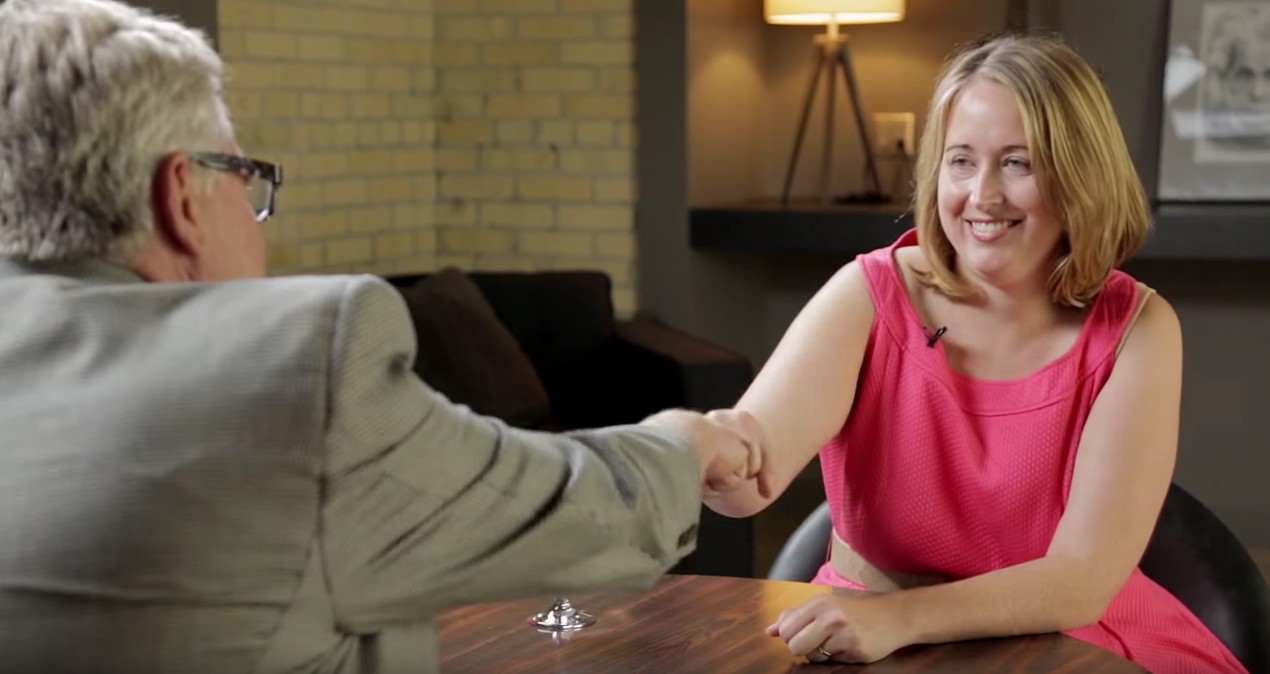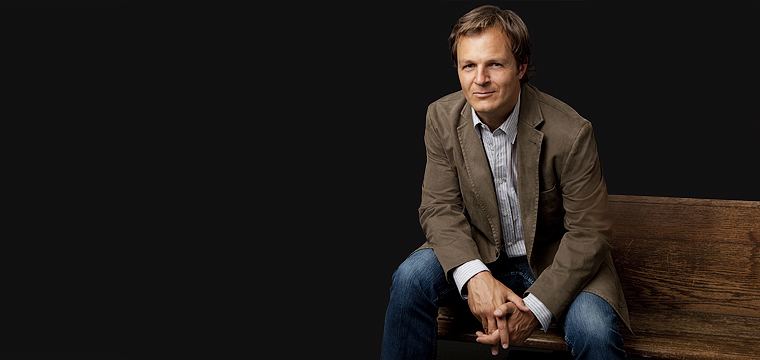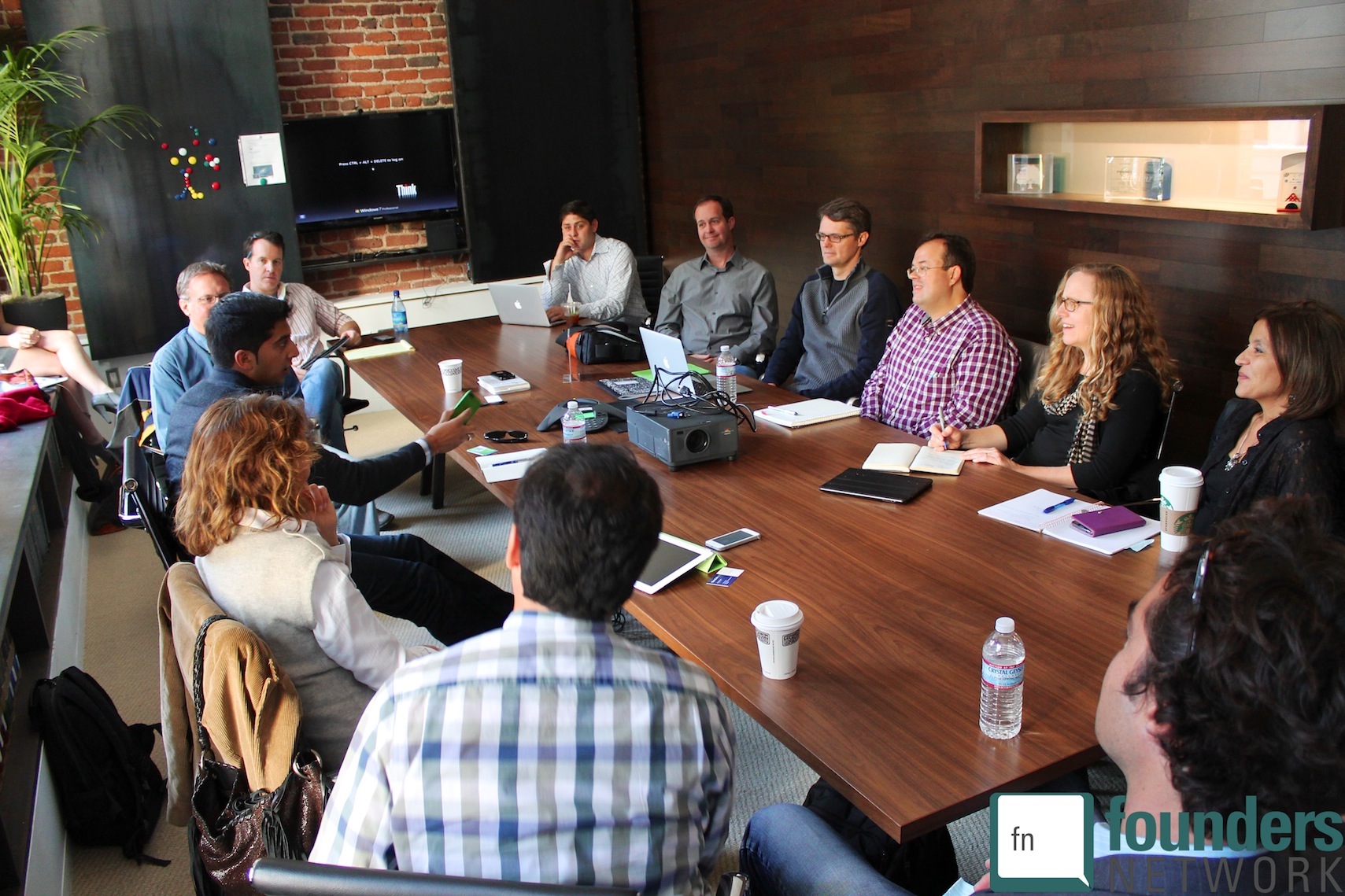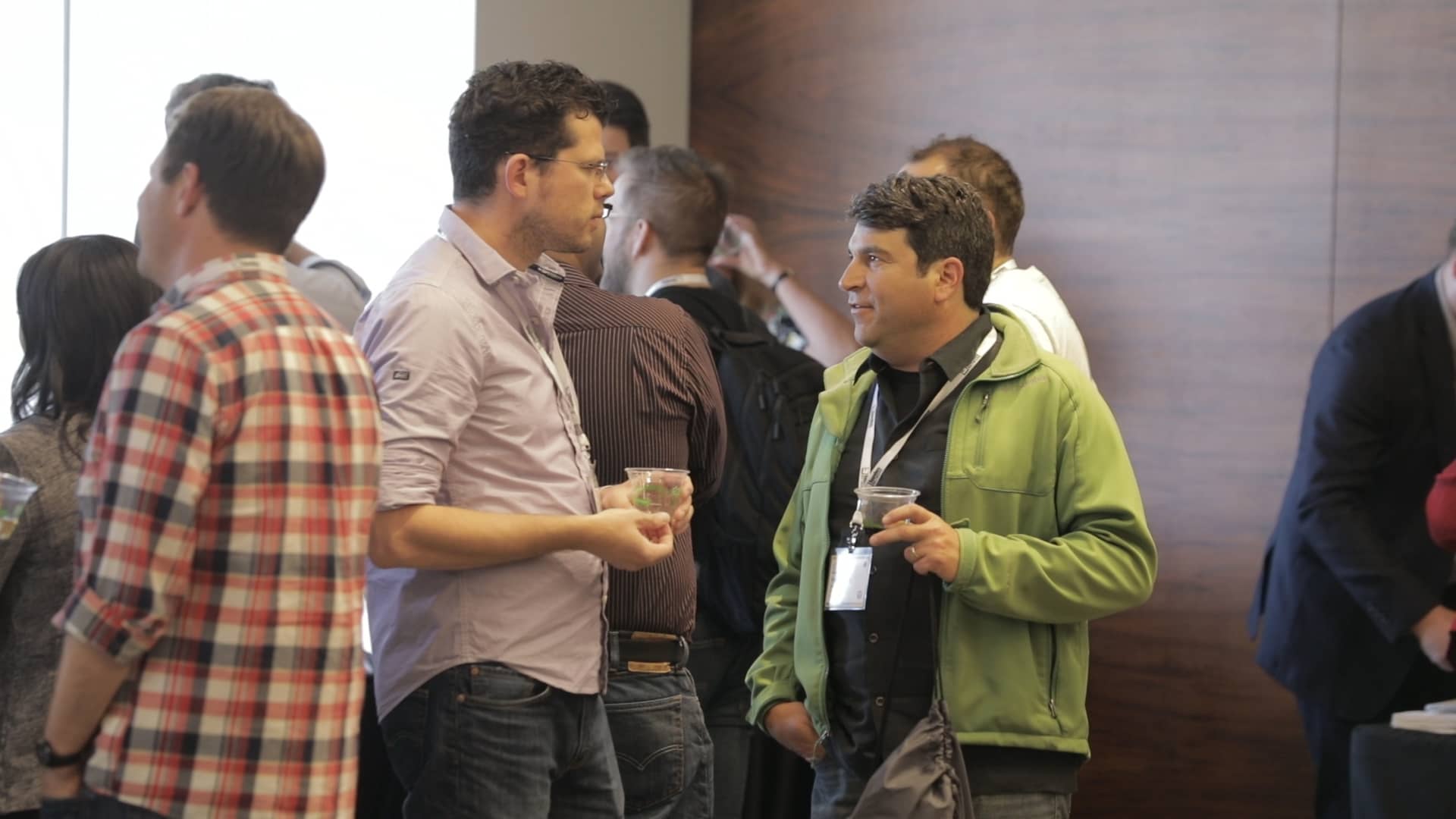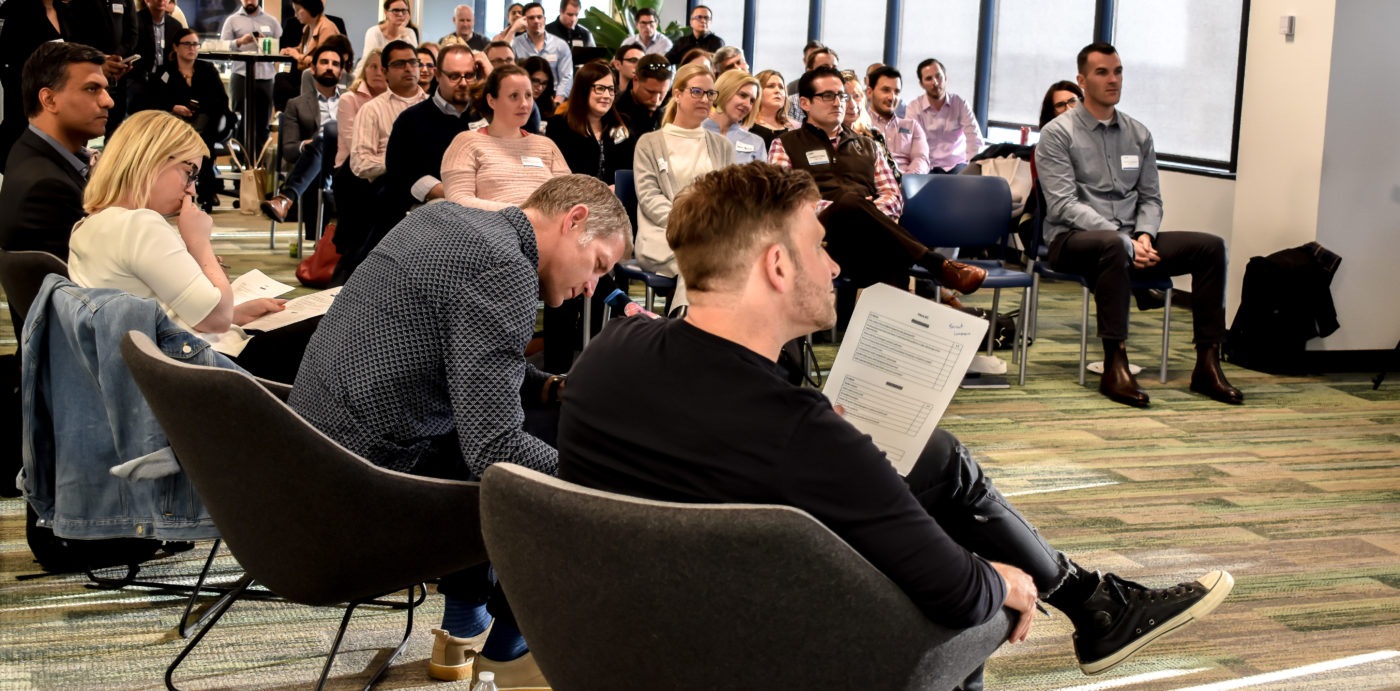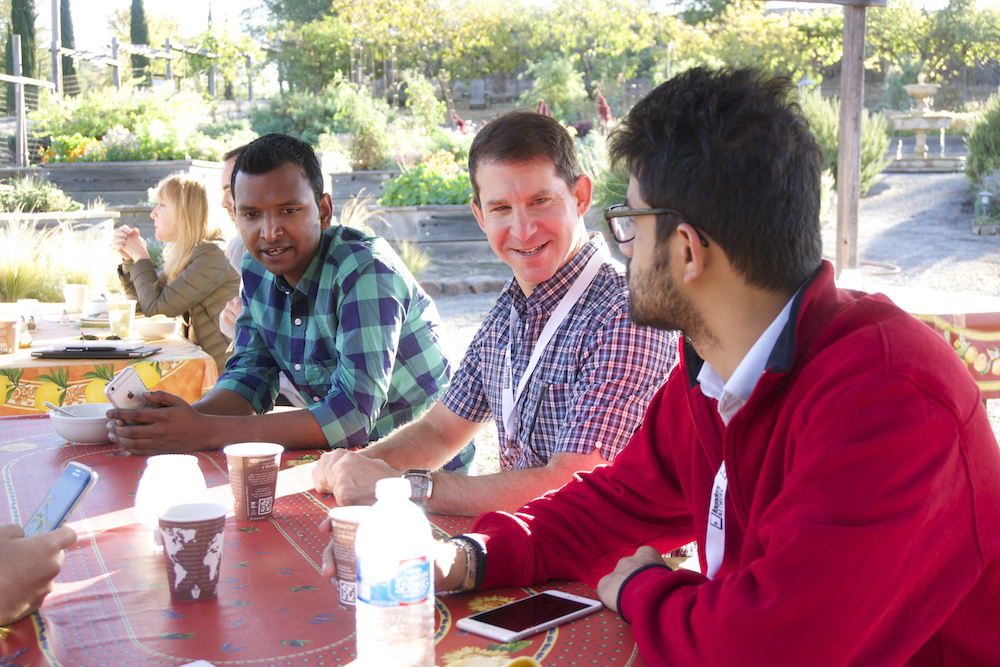
This week, Founders Edge talked MVP, meeting a co-founder, and raising a seed round with Scott Dudelson— founder turned accelerator mentor and angel investor. About Scott:
- Co-founder & former CEO of Swagbucks, $60M raised
- Currently the Entrepreneur in Residence and Managing Director of the Los Angeles Dodgers / RGA Startup Accelerator
- Mentor at MuckerLab, Launchpad LA, & Amplify.la
Q: Going back to the beginning of Swagbucks, let’s talk about your MVP. Do you have any anecdotes for how that process went for you?
Scott: We had an independent development shop build it for us. You learn quickly that you need someone in-house to run it and take it over fast. I have rarely seen companies become successful when relying on an external shop versus working with in-house talent, especially once you pass the MVP stage. So, as an early stage founder, always be keeping your eyes open and pursue someone in-house, it’s worth that extra cost.
Once you start getting consumers, it’s important to always be testing, always be iterating, and always be looking at the data— even if it’s a small sample size, you need to optimize as quickly as you can.
Once you start getting consumers, always be testing, iterating & looking at the data @scottdudelson
Q: How did you meet your co-founder? Did he jump on board instantly, or did it take time?
Scott: I had a business that was working with musicians and music brands to raise money for nonprofits and my partner Josef had an idea to raise money for charities through internet search. I have a friend who is in the band Linkin Park and through other connections he was approached by my business partner with this fundraising idea (Linkin Park have their own non profit called Music for Relief and are one of the most socially conscious and active bands in the music industry). My friend thought the two of us would be well-served meeting each-other. I’ve told him many times, I owe my career to him.
Q: How did you get your first customers? At what point did that shift from an extremely manual process to more of a scalable process?
Scott: What Swagbucks is, is not where it started. We pivoted 3 times. Going back to 2008 when Swagbucks was started—Mommy Blogs were just starting off, and we saw them getting traction. So, we made connections with them really early on, and that was our primary user development channel.
They took our user base from a couple hundred thousand to12M in just a couple years. They loved our value prop and we compensated them well. At that time, mommy bloggers were not making money, and we incentivized them to drive traffic to us, so it worked really well on both sides.
In terms of going from manual to a more scalable process— It’s a continually evolving process. It doesn’t happen overnight. 6 years into it there were things that were still manual. Every company has manual processes. The trick is, you have to continually tackle the processes that take up the most time to make everything more efficient and continually making other processes more efficient.
What Swagbucks is, is not where it started. We pivoted 3 times. @scottdudelson
Q: How did you find your lead investor? Can you talk about your valuation? People often say investors barely look at your pitch deck or exec summary, is that true in your opinion?
Scott: When we started in 2006, my partner was funding it himself. As we grew a little traction, we started to go out in the market to see if we could raise, but we got no bites. So we kept growing organically.
6 years later, we grew from 0 to $35M in revenue without taking any money. At that point we became attractive to investors, but we also had a lot more leverage by then.
In 2013, we did a few roadshows up to Silicon Valley to meet with different firms. On one of those trips, we sat down with TCV, and that’s when we met Chuck Davis: now CEO at Swagbucks, but at the time he was a Venture Partner at TCV. Chuck is also the previous CEO of Fandango which had a massive exit. He’s LA, and so are we, so that helped form a bond.
Chuck really liked Swagbucks, and kept an eye on us over the next year and a half. Eventually, he wanted a deeper role, so in 2014, TCV invested $60M.
In terms of valuation— there’s no magic bullet. Everyone has a theory whether it’s 10x or 3x. But really, it’s whatever someone is going to pay you.
My advice for early stage founders developing a pitch deck: You have 10 slides, you summarize the basics, that’s all you really need. Of course you need a deck, but it’s not going to sell someone on investing in you. What will sell them is your track record, your passion, your team and their belief that you can execute. The deck is just a conduit to get where you need to go.
What sells investors is your track record, passion, team and their belief that you can execute. @scottdudelson
Scott will be hosting a round-table with our LA members on Feb. 2nd. Please register here.

